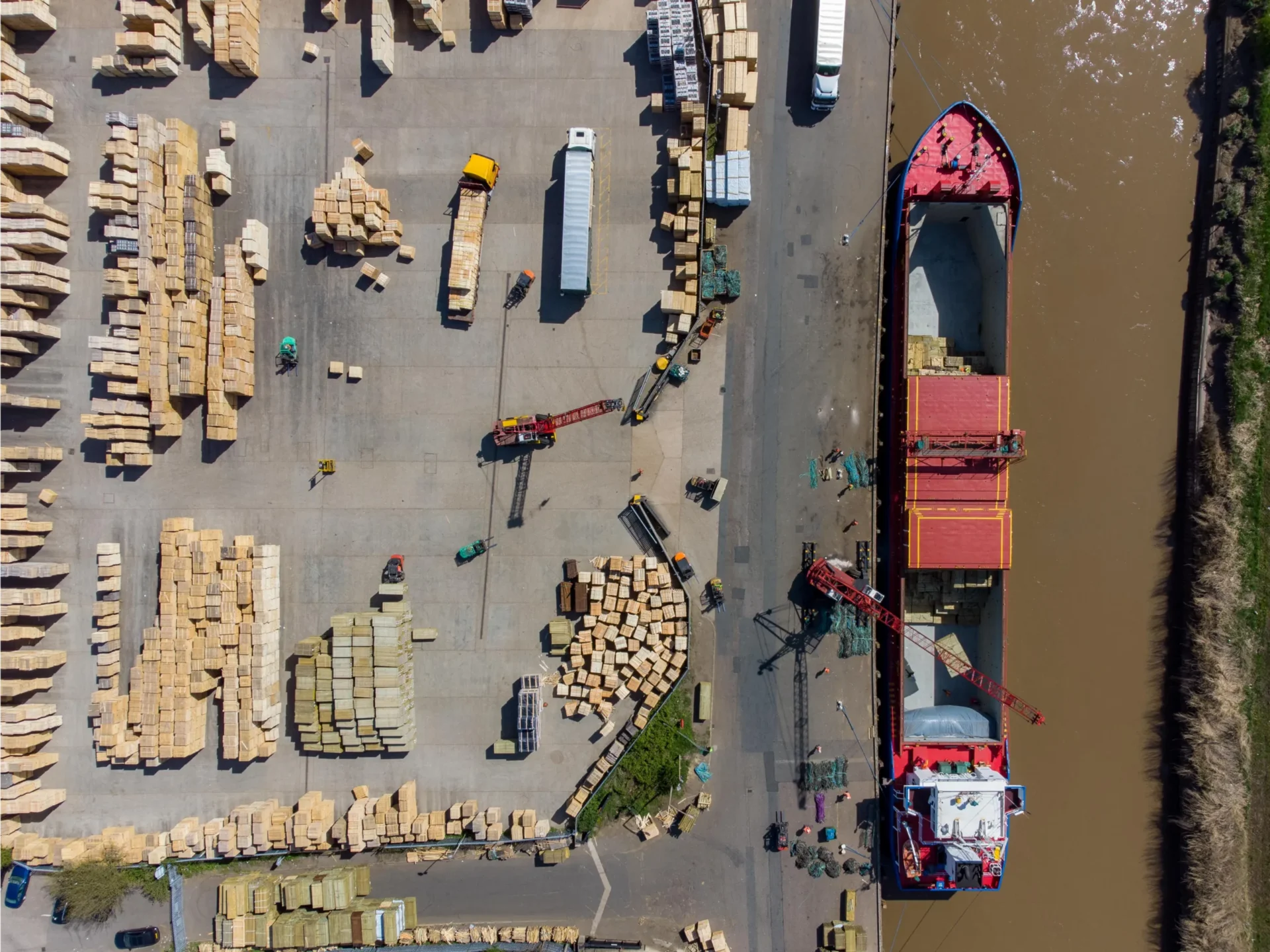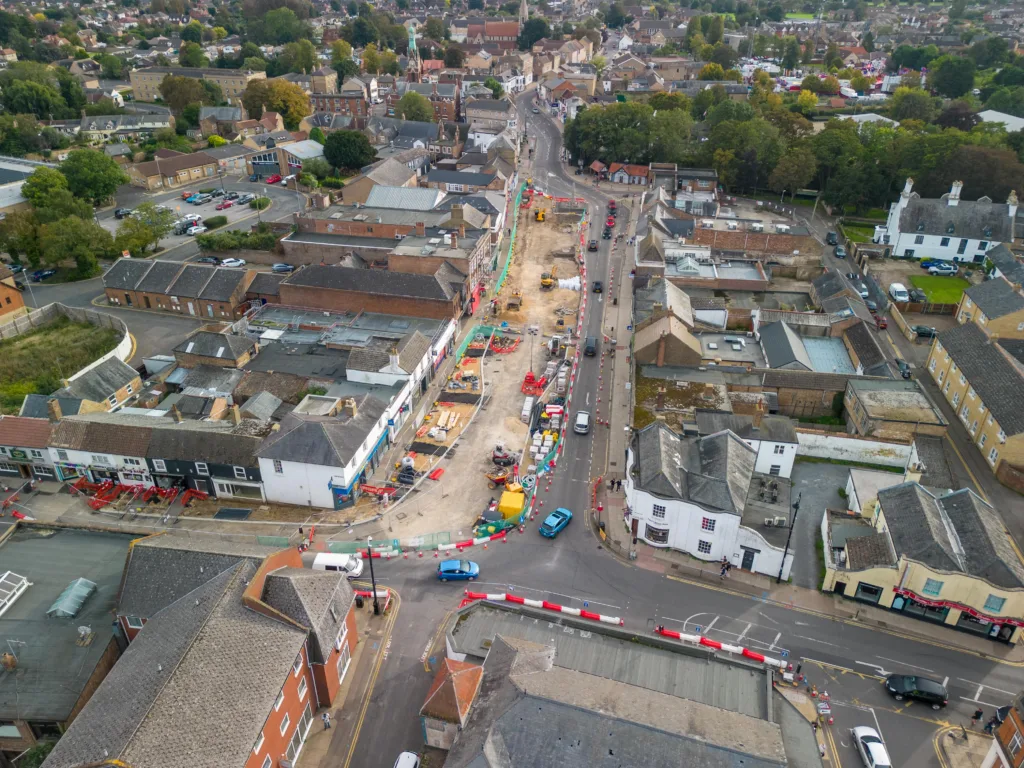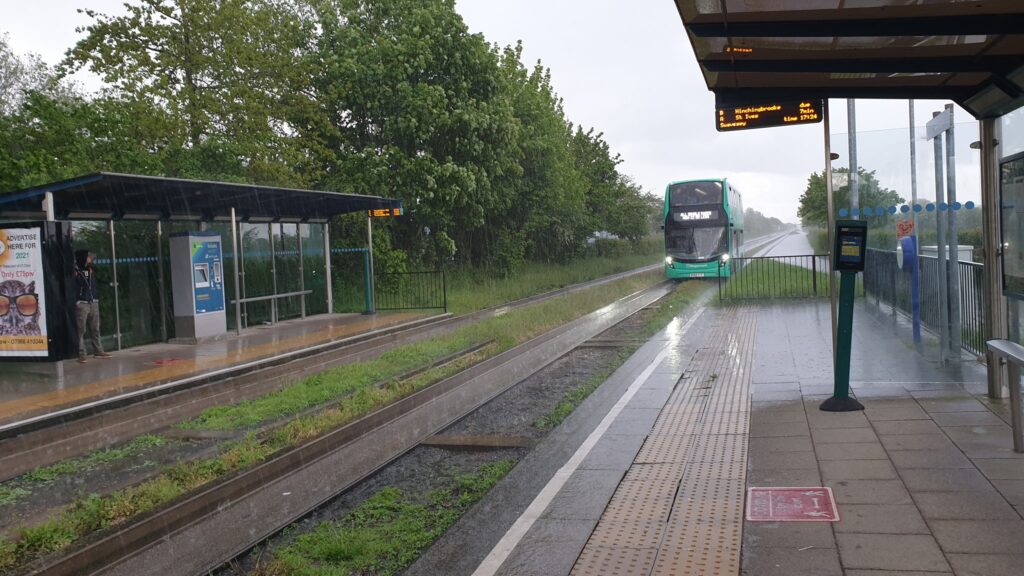Wisbech Port has applied for an environmental permit to allow it to operate as a transfer station to allow for the storage of 75,000 tonnes of baled RDF (Refuse Derived Fuel) prior to export to the continent. Industry experts describe RDF waste as any domestic, commercial, or industrial waste that’s disposed of by being converted into RDF.
A paper on the Defra (Department for Environment, Food and Rural Affairs) suggests there is “currently no minimum specification for RDF, it is a catch all term for waste that has been processed in some way to make it a suitable fuel. There is therefore some blurring in the boundary between what is mixed municipal waste and what is truly RDF”.
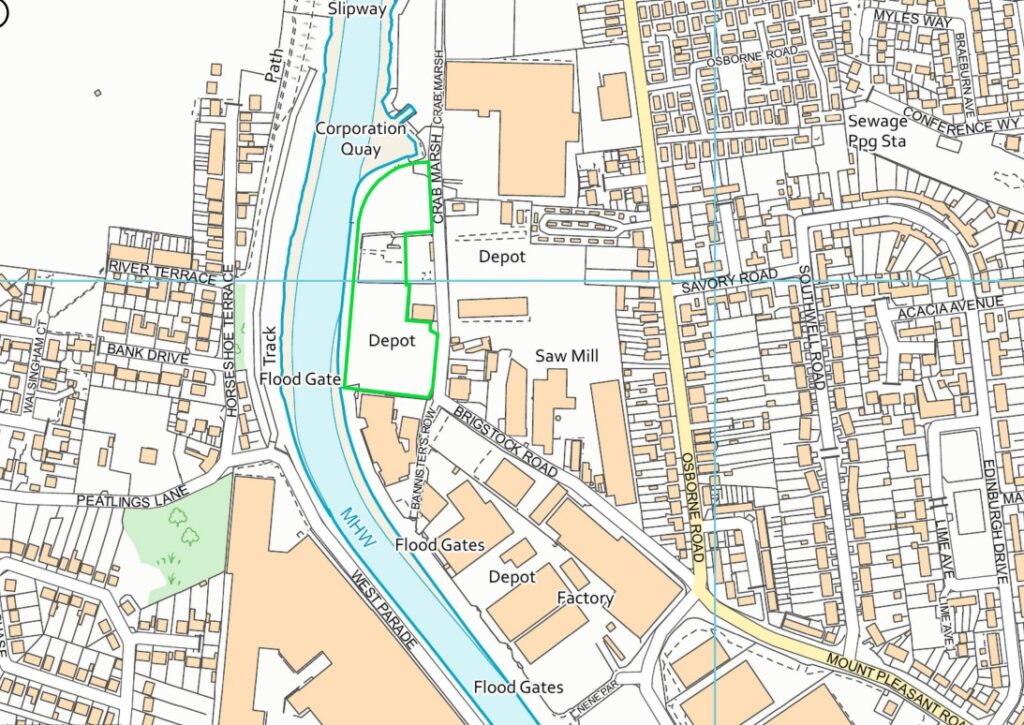
Effectively the process creates energy from waste that can’t be recycled or reused. RDF waste is widely accepted as municipal solid waste (MSW), which includes non-hazardous, residential, industrial, commercial, construction, and demolition waste.
One firm in its promotional literature says: “RDF waste examples can include all sorts of combustible and biodegradable materials. Common examples are food waste, non-recyclable plastics, paper, and cardboard (such as treated, laminated, or contaminated materials). These are processed to create a type of fuel that’s used as an alternative to fossil fuels in power plants and other systems.
“Using waste as an energy source is a more sustainable solution compared to sending non-recyclable rubbish to landfill. The UK exports around 1.5 million tonnes of RDF every year, according to data from the Environment Agency.
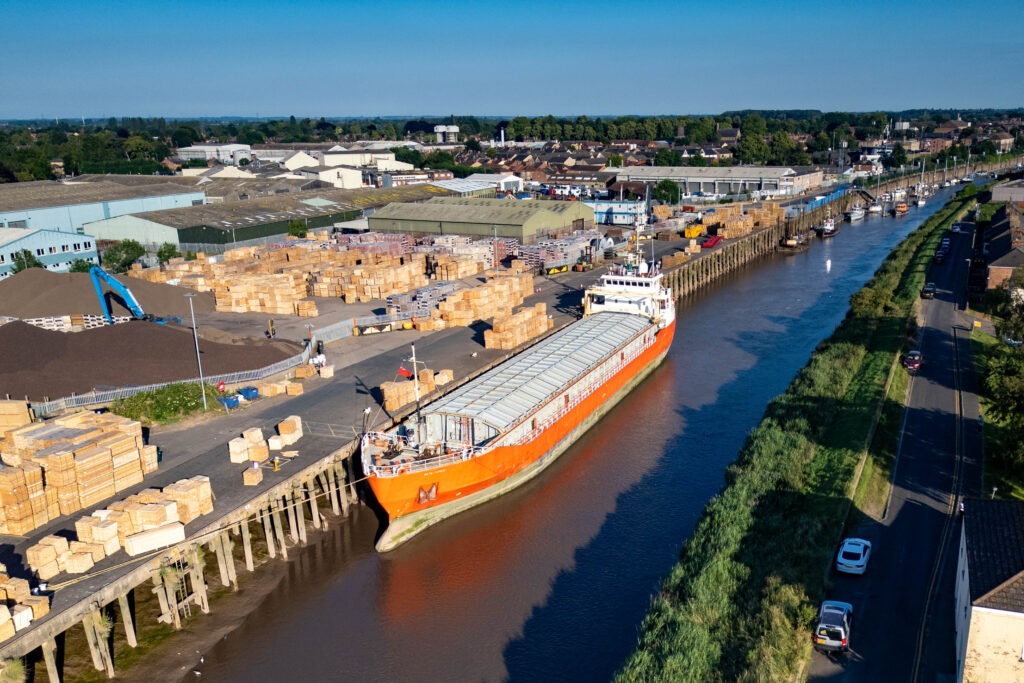
“Of this amount England exports around 120,000 tonnes of RDF every month, so there’s a big market.”
In its application, the port operator says: “Currently, Port of Wisbech Limited runs an established load and discharge operation, holding the sole stevedoring licence from Fenland District Council enabling the company to load and un-load all the ships that use Port of Wisbech.
“The site predominantly stores timber product within the ownership boundary. This activity does not require a permit and thus will not be covered within this permit application.”
CONSULTATION HERE:
https://consult.environment-agency.gov.uk/psc/pe13-3bb-port-of-wisbech-limited/
The application has been prepared by Tetra Tech on behalf of the Port of Wisbech Limited (PWL).
Tetra says: “PWL initially purchased the site in 2004, and it is the intention of PWL to apply for a new bespoke environmental permit to allow the operation of an RDF Waste Transfer Station to allow for the storage of baled RDF prior to export.
“The facility will accept up to 75,000 tonnes of RDF per annum, and due to all waste storage taking place outdoors, a bespoke environmental permit is required. There will be no waste processing undertaken on site, only storage pending export.”
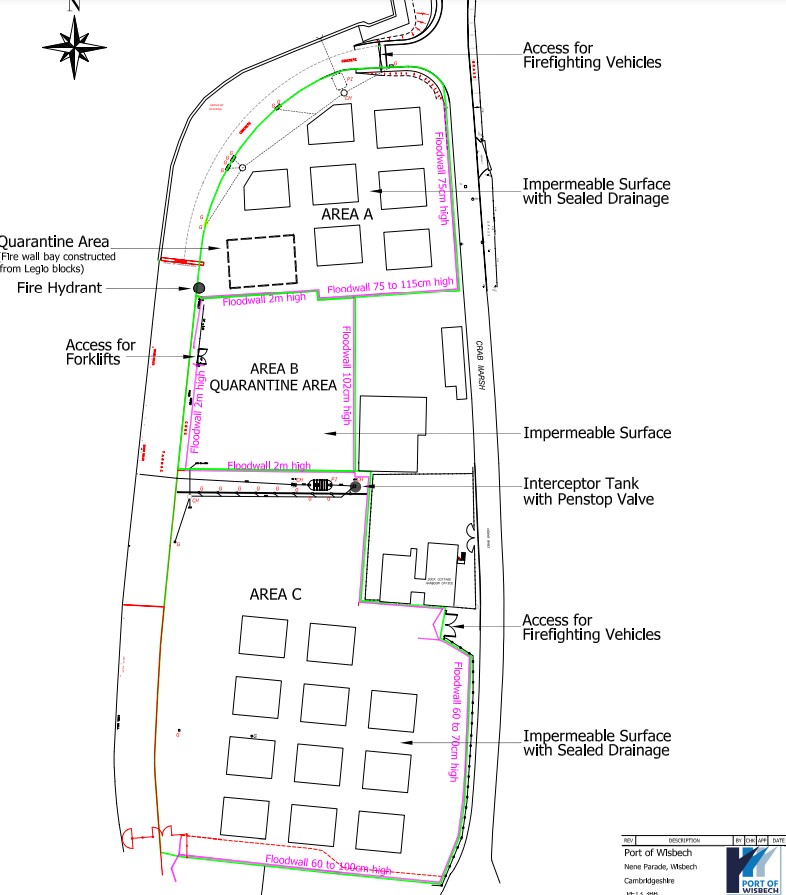
PWL says there is no intention to accept any waste streams that are putrescible in nature and therefore the risk of odour is expected to be low.
However, following pre-application advice, it has provided odour management plans “to support the application to address how the risk of odour from the proposed activities will be minimised.
“A Noise Impact Assessment (NIA) has been prepared which provides an assessment of noise from the proposed activities.”
The Environment Agency has launched a public consultation asking for comments on the environmental permit application received from Port of Wisbech Limited.
The EA says it can:
Take account of
- Relevant environmental regulatory requirements and technical standards.
- Information on local population and sensitive sites.
- Comments on whether the right process is being used for the activity, for example whether the technology is the right one.
- The shape and use of the land around the site in terms of its potential impact, whether that impact is acceptable and what pollution control or abatement may be required.
- The impact of noise and odour from traffic on site.
- Permit conditions by providing information that we have not been made aware of in the application, or by correcting incorrect information in the application (e.g. monitoring and techniques to control pollution).
Cannot take account of
- Issues beyond those in the relevant environmental regulations.
- Anything outside the remit of the EPR, e.g. the proposed location of the site, which is done by the local authority via land use planning.
- Whether a site should have a formal designation under Habitats Directive or other conservation legislation.
- Whether the activity should be allowed or not as a matter of principle. For example, we will not consider whether wood, gas, or coal should be burnt to produce electricity; only that the options and environmental impact of say wood has been considered. We will not consider whether a waste incinerator proposal should be turned into a sorting and recycle proposal, only that the incinerator options and effect have been considered.
- Land use issues when determining a permit application, even if changing the location of the activity would improve its environmental performance.
- The impact of noise and odour from traffic travelling to and from the site.
- The legally defined process we follow to determine a permit.
- The granting of a permit/variation if the operator is able to demonstrate that they can carry out the activity without significant risk to the environment or human health.


